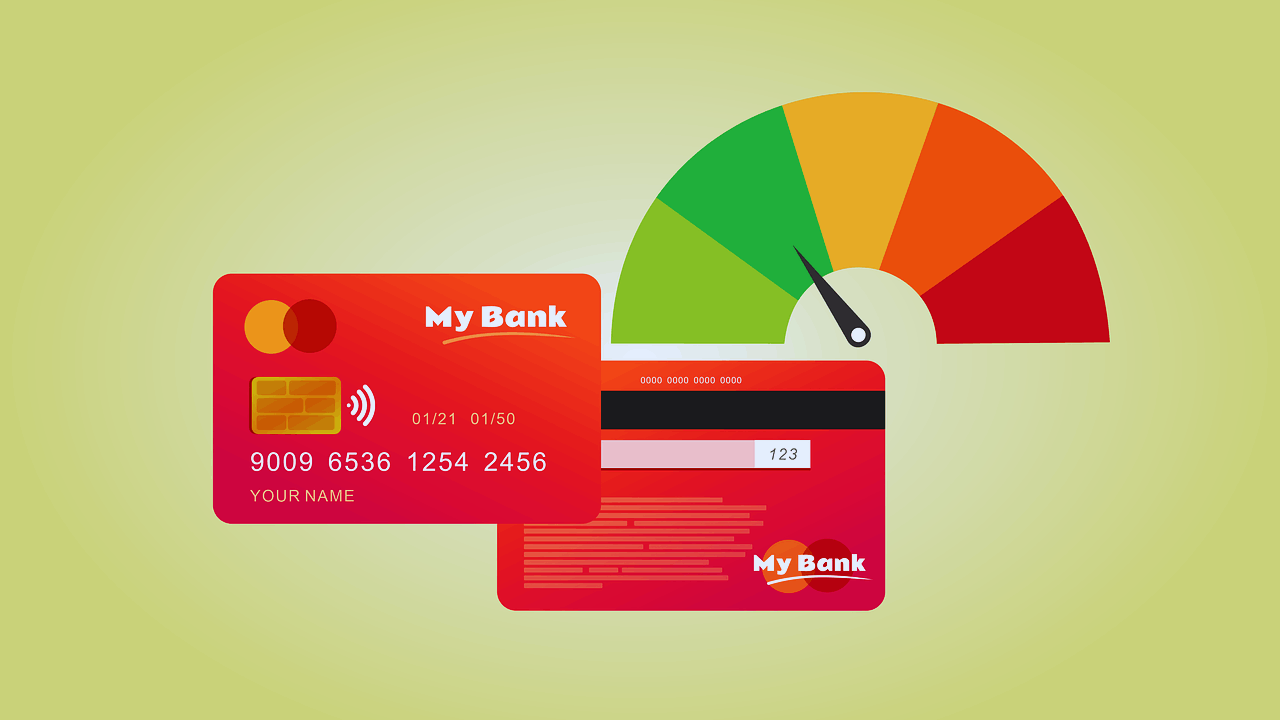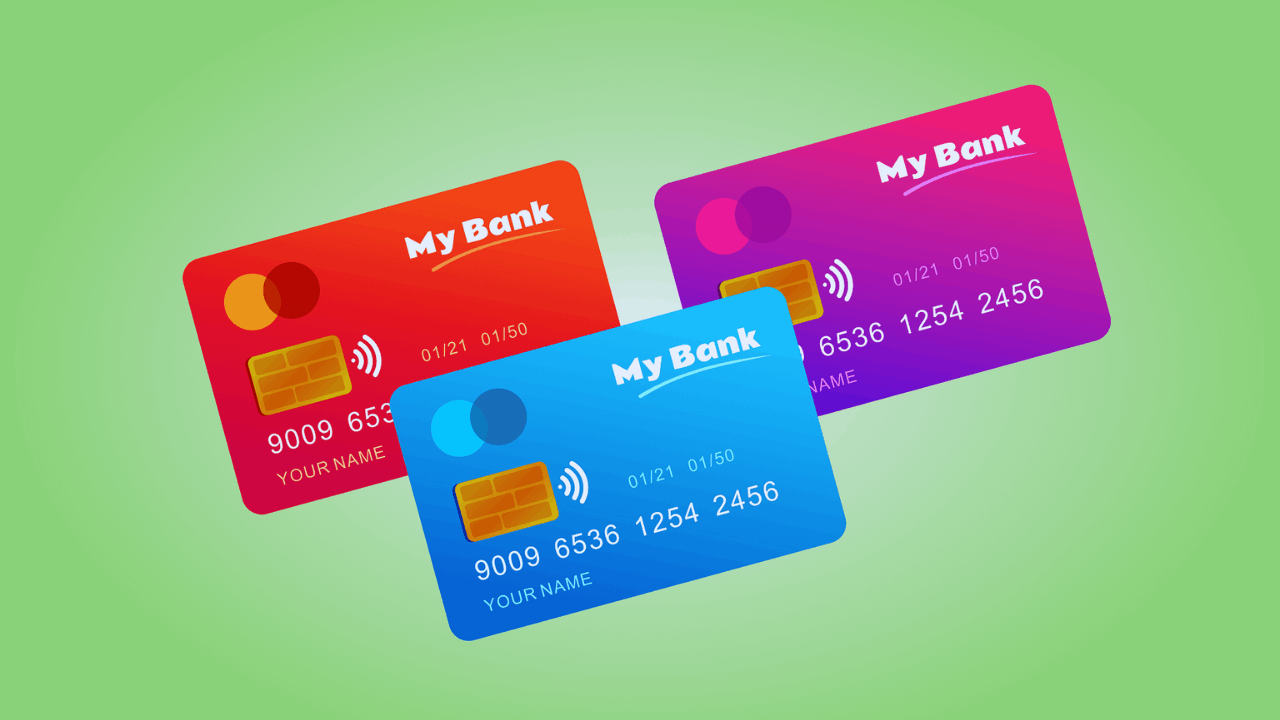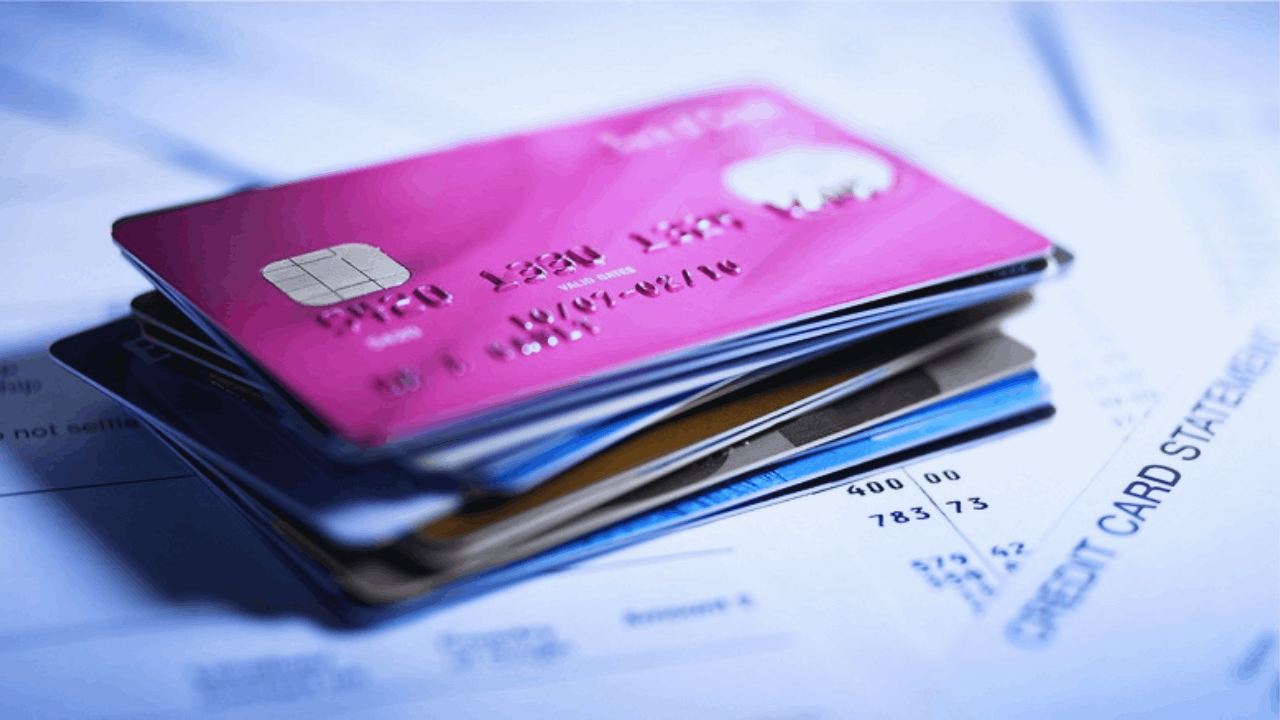Many people want to understand how your credit card can affect your credit history because it plays a central role in personal finance.
Every swipe, payment, and balance you carry can influence your credit report and score over time.
Your credit card activity becomes part of your financial identity, which lenders use to assess your reliability. Knowing exactly how credit cards shape your credit history can help you manage them wisely for long-term benefits.

Understanding the Link Between Credit Cards and Credit History
Your credit card is not just a payment tool; it is also a source of data for credit reporting agencies.
Each month, your issuer sends information about your account to these bureaus, which becomes part of your credit file.

This data includes your payment behavior, balance amounts, and overall account status. How you manage this information determines whether your credit history improves or suffers.
Why Credit Card Activity Matters to Lenders
Lenders review your credit history to predict how likely you are to repay debts responsibly.
Credit cards provide ongoing evidence of your ability to handle credit over time. If you maintain good habits, this record can make you more attractive to lenders for loans, mortgages, or other credit products.
On the other hand, poor management can make borrowing more expensive or difficult.
How Credit Cards Differ from Other Credit Types
Unlike loans with fixed repayment terms, credit cards are revolving accounts. This means you can borrow, repay, and borrow again within your credit limit as long as your account stays in good standing.
Because of this flexibility, your credit card use offers a continuous measure of your credit behavior. This ongoing nature makes it a powerful influence on your credit history.
The Role of Credit Bureaus in Tracking Activity
Credit bureaus compile your credit data from various sources, including your credit card issuer.
They evaluate this data to update your credit report and calculate your credit score. Timely payments and responsible use improve your standing, while missed payments and high balances can lower it.
Understanding how bureaus use your card activity helps you take control of your credit profile.
Payment History and Its Lasting Impact
One of the most significant factors in your credit history is your payment record. Your credit card issuer reports whether you pay on time every month.

A single missed or late payment can stay on your credit report for years, making payment consistency essential.
This is why maintaining a spotless payment history is one of the best ways to build and protect your credit.
How Timely Payments Build a Positive Record
Consistently paying your credit card bill on or before the due date signals to lenders that you are dependable. Over time, these on-time payments form a strong foundation for your credit history.
Even small monthly charges paid off in full can help establish a solid record. This reliability can open the door to better interest rates and more favorable credit terms.
The Consequences of Missed Payments
Missing a payment can trigger late fees, penalty interest rates, and a negative mark on your credit report.
Even one late payment can cause your credit score to drop significantly. The longer the payment is overdue, the more severe the impact on your credit profile.
Recovering from these setbacks can take months or even years, depending on the severity.
Strategies for Maintaining Consistent Payments
Setting up automatic payments is one of the most effective ways to ensure you never miss a due date. If you prefer manual payments, setting reminders can help you stay on track.
Always aim to pay at least the minimum amount due to avoid late fees and negative reporting. Making full payments whenever possible prevents interest charges and keeps your history clean.
Credit Utilization and Its Effect on Scores
Credit utilization refers to the percentage of your available credit that you are currently using.

This ratio is an important component of your credit score and history. Keeping your utilization low shows lenders you are not overly reliant on credit.
High utilization, even without missed payments, can suggest financial strain and hurt your profile.
Why Low Utilization Is Better for Your History
When you use a small portion of your available credit, it indicates healthy financial management.
Lenders see this as a sign that you are not dependent on borrowing to cover everyday expenses.
This helps build a stable and favorable credit history. Aiming for a utilization rate under one-third of your limit is often recommended for maintaining a strong profile.
The Risks of High Utilization Levels
Maxing out your credit cards or consistently carrying high balances can damage your credit score. Even if you pay on time, high utilization can suggest you are struggling to manage your finances.
This may make lenders hesitant to offer you additional credit or better terms. Lowering your utilization can quickly improve your score and history.
Managing Utilization Effectively
Paying down balances before the billing cycle closes can reduce the utilization rate reported to credit bureaus.
Spreading purchases across multiple cards can also help keep individual utilization rates lower.
Avoiding unnecessarily large charges ensures your utilization remains at a healthy level. Consistent monitoring helps you make adjustments as needed to protect your history.
The Length of Your Credit History and Account Age
The age of your credit accounts also plays a role in shaping your credit history. Older accounts demonstrate a longer track record of managing credit.

Closing older accounts can shorten your average account age and potentially harm your profile. Keeping long-standing accounts open, even with minimal use, can strengthen your history.
Why Older Accounts Add Value
A long credit history gives lenders more data to evaluate your reliability. If you have managed an account responsibly for many years, it signals stability.
This history can work in your favor when applying for new credit or negotiating loan terms. Even a modest account age can be beneficial if it shows consistent positive activity.
The Downsides of Closing Established Accounts
Closing an old account can reduce both your available credit and the average age of your accounts. This can increase your utilization ratio and shorten your history, which may lower your score.
Unless there is a compelling reason, such as high fees, it is often better to keep older accounts open. This helps preserve your established track record.
Using Old Accounts to Your Advantage
Even if you do not use an older card frequently, making occasional small purchases can keep it active. Paying these off in full maintains positive reporting without adding interest charges.
This simple habit can help you continue benefiting from the age and history of the account. Combining older accounts with responsible use strengthens your overall credit profile.
The Role of New Credit Applications
Applying for new credit cards or other accounts can temporarily affect your credit history.

Each application typically results in a hard inquiry on your report. While one or two inquiries have a minor effect, frequent applications can signal risk to lenders.
Managing how often you apply for new credit can help preserve your history and score.
How Hard Inquiries Influence Your History
A hard inquiry remains on your credit report for up to two years, although its impact lessens over time.
Multiple inquiries in a short period can lower your score and suggest that you are actively seeking credit. Lenders may interpret this as a sign of financial instability. Being strategic about when and why you apply can minimize negative effects.
Balancing the Need for New Credit
Opening a new account can provide benefits like additional rewards, a higher credit limit, or better interest rates.
However, it is important to weigh these advantages against the potential short-term impact on your score.
Applying only when there is a clear and valuable reason helps maintain your history. Careful timing keeps your profile steady while still allowing growth.
Preparing Before Applying for Credit
Checking your credit report and score before applying can give you a better idea of your approval odds. This preparation can help you avoid unnecessary inquiries from unsuccessful applications.
Choosing cards or products that match your profile increases your chances of approval. This reduces the number of inquiries needed and helps maintain your history.
Conclusion
Understanding how your credit card can affect your credit history gives you the power to make smarter decisions. Your payment habits, utilization levels, account age, and application strategy all play significant roles in shaping your profile.
Responsible management can lead to better borrowing opportunities, lower interest rates, and long-term financial stability. By treating your credit card as both a convenience and a tool for building history, you can create a credit record that supports your goals for years to come.



